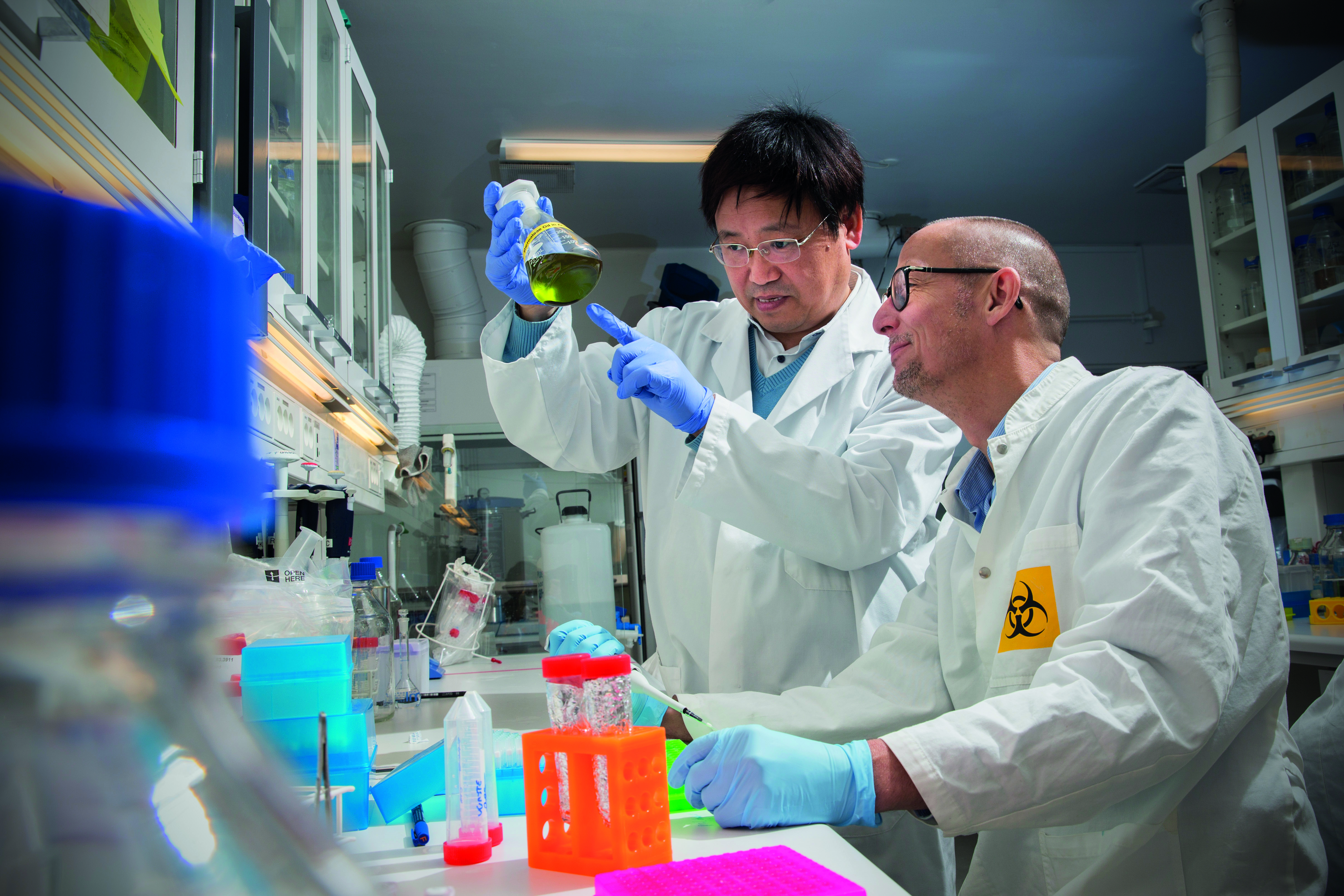Danish engineers develop method to create bioplastics
Imagine a future in which plastic is sustainable, 100 per cent biodegradable, and produced without the use of chemistry. This is exactly what researchers at Aarhus University are working on right now.

Can you mention the word ‘plastic’ without thinking of rubbish at the same time? This is no doubt difficult, and with very good reason, because plastic is an essential part of our everyday lives. It is used in virtually everything from clothes to food products, phones, cars and furniture. However, plastic is not biodegradable and therefore ends up everywhere – even in the most remote corners of the Earth – as enormous plastic soups in the oceans of the world, or as empty water bottles and torn up plastic bags on distant paradise beaches.
But it does not always have to be like this – at least if it is up to researchers at the Department of Engineering, Aarhus University. In collaboration with the Technical University of Denmark (DTU), the University of Cambridge and Kyoto University, they are in the process of creating a green version of plastic. Algal green in fact, because the researchers hope to find the building blocks for a new form of plastic in the oil extracted from microalgae.
The idea is to find and cultivate the completely right enzymes that can turn the fatty acids in the oil into polymers – the foundation stone of materials such as nylon, neoprene, synthetic rubber and other forms of plastic. The difference is that polymers extracted from microalgae are produced without chemistry, are 100 per cent sustainable, and are harmless to the environment because they are degradable.
“Imagine LEGO® bricks made of microalgae. Bricks that could be used to build anything at all. Bricks that only contain biological molecules. This is what we hope to develop,” says Associate Professor Peter Kristensen, Aarhus University, who is one of the Danish researchers associated with the project.
Enormous potential
The researchers have already found the enzyme to be further processed, and the work ahead involves manipulating the enzyme until it gets exactly the right properties.
“We optimise the existing enzyme via mutations – random processes that naturally occur all the time in biological systems. Most mutations have no beneficial effect and are insignificant on an evolutionary scale. Once in a while, however, a mutation can lead to a positive effect that is implemented in the biological system, so that the system develops,” says Associate Professor Kristensen.
The project has enormous potential. The idea is that the algal oil will replace the palm oil that is otherwise extracted as a substitute for petroleum-based oil, but is nevertheless quite an environmentally hazardous industry that destroys large natural areas in the developing world.
More info
The project is just one of a considerable number of interesting projects that are currently in full swing at the Department of Engineering, Aarhus University. You can read about many other projects in the department’s profile brochure here.
You can read more about the above project here.
